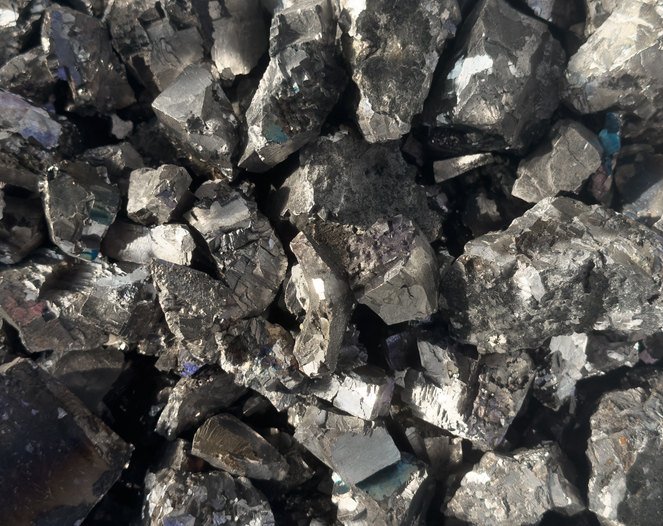Following a safeguard investigation initiated in December 2024 regarding six alloying elements, namely, silicon, ferromanganese, ferrosilicon, ferrosilicomanganese, ferrosilicomagnesium and calcium-silicon, the European Commission has announced a proposed safeguard measure aimed at cutting imports of some silicon and manganese-based ferroalloys (namely, ferromanganese, ferrosilicon, ferrosilicomanganese and ferrosilicomagnesium) into the EU by 25 percent compared with average inflows during 2022-24.

This level is calculated taking into account a sustainable market share (30-40 percent) that would allow the EU industry to recover from the injurious situation, while maintaining adequate sources of supply for downstream users.
Under the proposed measure, which is set to take effect on November 18, 2025, and run through November 17, 2028, product-specific tariff-rate quotas (TRQs) will be allocated by product and country. Imports within the quota will enter duty-free, while volumes above the quota will be subject to duty.
The European association of ferroalloys and silicon producers Euroalliages has urged EU member states to support the proposed measures, stating, “Without these safeguards, the European ferroalloy industry will not exist in five years.”
In addition, according to a statement released by Assofermet, the association representing Italian distributors of steel and scrap, “The reduction in available import tonnages, if confirmed at 25 percent, will inevitably create distortions and difficulties in the market, as EU production of ferroalloys has been insufficient to meet domestic demand for years.” Assofermet has asked the European Union to:
- reduce import volumes by 20 percent, not 25 percent,
- introduce a carry-over mechanism,
- apply a liberalization rate of two percent instead of one percent.
The association’s biggest concern relates to the imposition of variable duties, which will only be calculated at the time of customs clearance and will therefore be impossible to include in the actual price of negotiations. Finally, the association notes that the safeguard also includes Norway and Iceland, two countries that, as members of the EEA (European Economic Area), have always been excluded from measures relating to steel imports. In particular, limiting trade with Norway, of which the EU is the main partner, would compromise political relations and the overall balance. Therefore, Assofermet said, the issue goes beyond the scope of safeguards, concerning the possibility of “contemplating economic prospects of greater relevance and scope.”